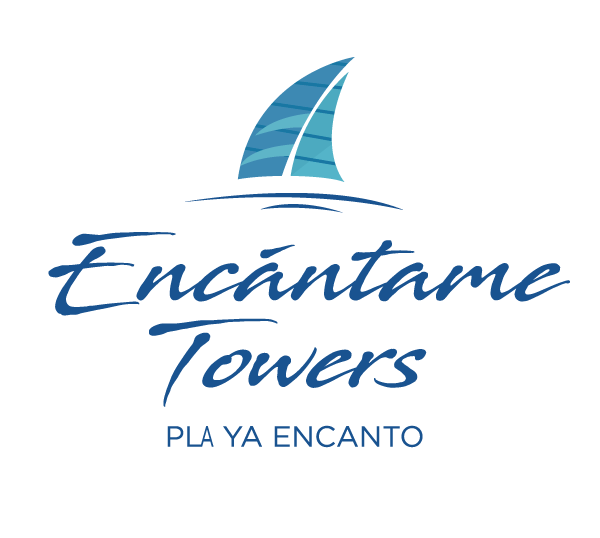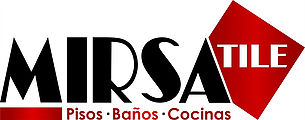Most people know about the Notary Public in the USA, who may be found in banks, real estate offices, or even in your own home as a “mobile Notary.” The Notary Public serves the public by witnessing and certifying signatures on documents and authenticating certain documents, also known as “notarization,” among other official non-contentious functions. The qualifications for obtaining a Notary license vary from state to state, with most requiring, minimally, an application, residency in the state where the applicant is seeking commission, and the payment of a fee. The qualifications for obtaining a Notary license vary greatly from state to state, with most requiring, minimally, an application with payment of a fee and residency in the state where the applicant is seeking commission.
Notary Publics often have nothing to do with real estate transactions, and do not advise clients regarding the documents they sign; their primary duty is to verify identification of signers to documents and to witness the signatures of those signers. Notary fees range from free to around $50, depending upon the location of the Notary, although in some places their cost is set, as in Texas, where the cost of the services of a Notary is limited by state law to $6 U.S. dollars.
Many foreigners to Mexico assume that because the words are so similar the Mexican Notario Publico has similar qualifications and duties to those of the Notary Public in the USA. NOT SO! In Mexico, the Notario Publico is an experienced attorney with a minimum of 5 years of practice, some of which must be in a Notaria (office of a Notario Publico), who has been appointed by the Governor of the state in which he or she works, after passing a highly technical exam, and awaiting a vacancy, because the number of Notarios Publicos in a given area is limited by the size of the population. Unlike in the USA, the designation “Notario Publico” carries a great deal of responsibility; the Notario’s signature and seal are his or her guarantee of quality and validity of documents, contracts, and deeds, and make him or her legally responsible if an issue arises after certification. These government officials act as impartial witnesses in the execution of various contracts, drafting of documents, signatures, and authentication processes, as well as in legal protocols that prevent real estate and economic fraud. Additionally, Notarios may act as arbitrators, mediators, and intervene in judicial proceedings. They also are the only attorneys who may draft Wills.
What has the Notario Publico to do with real estate transactions? She or he acts as the impartial representative of all parties to the real estate transaction, may draft and review the real estate purchase contract, and will ensure that both seller and buyer enjoy the rights and obligations they acquire by signing the final documents. In all likelihood the buyer and seller each has a real estate advisor, and a transaction coordinator. An appraiser and an attorney may be involved as well. The Notario in the transaction is generally selected by the transaction coordinator after consultation with the buyer and seller; however, even though the payer of the fee is negotiable, since the buyer generally pays the Notario fee, as such the buyer has the right to choose the Notario. The selection is often made based on closing costs established by the Notario. ONLY the Notario has the authority to assess income taxes related to the transaction, write Bank Trust contracts, and register new property titles and deeds of trust in the public registry. The cost of the Notario Publico is limited to a percentage that ranges from .015% to 1.12% of the cost of the transaction; in many cases this cost may reach thousands of dollars.
With regard to buying and selling real estate in Mexico, the only formalization is by registration of the transaction in the Public Registry in the county in which the property is located. This is true even if the seller has been paid and the buyer has possession of the property, if the deed has not been written by, with the signatures of the parties ratified by, and the document registered in the public registry by a Notario Publico, the transaction has not been completed and may not be legally binding.Taxes related to the transaction are paid in conjunction with registration of the transaction in the public registry; a receipt for paid taxes is presented with the request for registration, and the receipt issued becomes part of the formalized title or deed of trust. Once these have been accomplished, the transaction is complete, with both seller and buyer protected.
The Notaria is the office of the Notario Publico. You are encouraged to take advantage of their services as part of your real estate activity, for bestowing your assets to your beneficiaries, for settlement of a dispute, or to inquire about other services. The Notarias that serve Puerto Peñasco/Rocky Point and the county surrounding the city are listed below.
Sonora State Notaria Publica No. 26
Lic. Daniela Manzo Torres
Blvd. Fremont #289, local 13, col. Benito Juárez, C.P. 83554
Phone: 638-38-85255
Sonora State Notaria Publico No. 29
Lic. Natalia López Frías
Blvd. Fremont # 22, local B, col. Benito Juárez, C.P. 83554
Phone: 638-38-32006
Email: natalia@n29.mx
Sonora State Notaria Publico No. 42
Master Lic. Osvaldo Rene Ortega Fuentes
Calle Alcántar # 34, col. El Puerto, C.P. 83554
Email: notaria42.sonora@gmail.com
Email: danielamt_26@yahoo.com.mx
Sonora State Notaria Publico No. 76
Lic. Chastre Alexandra Encinas Leyva
Av. Los Pinos # 127, entre Miguel Hidalgo y Magnolias, colonia Centro Sur, C. P. 83550
Phone: 638-38-81203
Email: notaria76@gmail.com
Blanca Esthela Valdez Diaz, Attorney at Law, is a Real Estate Advisor who is licensed in the State of Sonora, and currently serves as Treasurer of AMPI Chapter 51, the local chapter of the Mexican national real estate association.
























